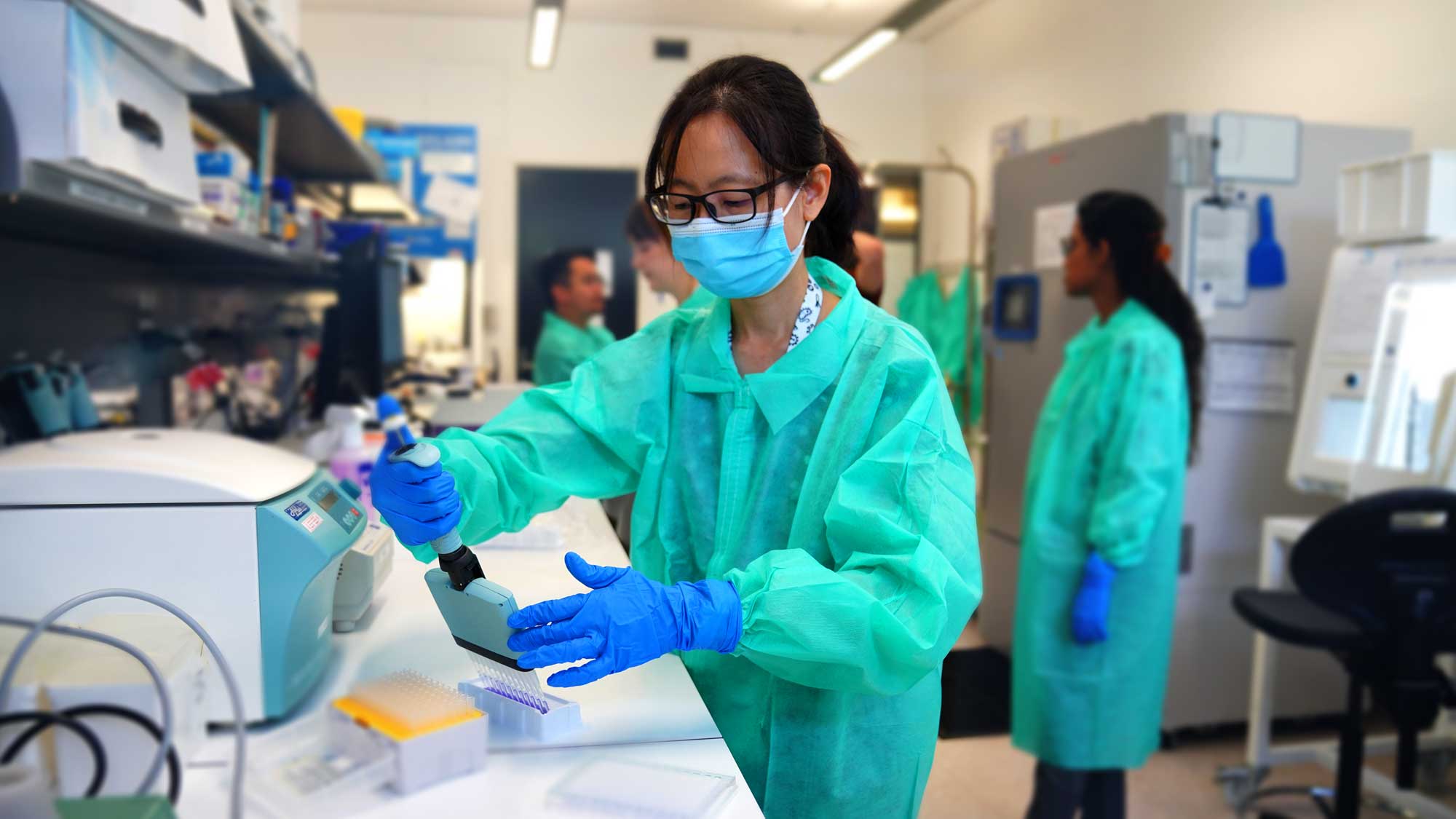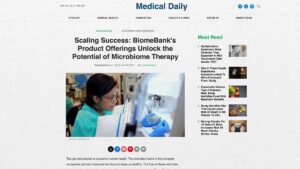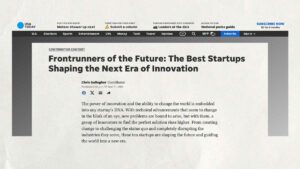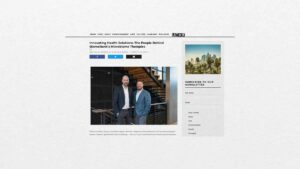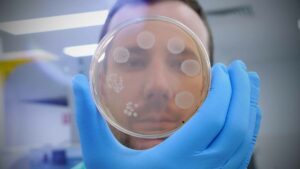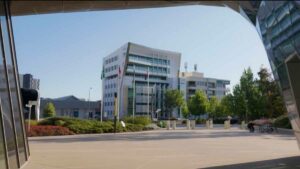Media Release
Revolutionary faecal transplants are the latest new treatment option being trialled in people living with Parkinson’s to help manage their debilitating symptoms by replenishing their healthy gut bacteria.
The trial is the result of an exciting collaboration between leading Australian biotechnology company BiomeBank, the Departments of Neurology, Nuclear Medicine and Gastroenterology within the Royal Adelaide and Queen Elizabeth hospitals; and The Hospital Research Foundation (THRF) Group.
There has been increasing evidence showing the link between Parkinson’s and gut health. Constipation affects 90 per cent of people living with Parkinson’s, and recent research has also indicated the microbiome within the gut may influence the response to existing therapies for the disease.
BiomeBank is world-leading for its cutting-edge science, innovative technologies and drug manufacturing capabilities, developing microbial therapies with the potential to offer world-first treatments for a number of diseases. The company’s first drug product is already being used throughout Australia to treat the debilitating gut condition Clostridioides difficile (C-diff) through faecal microbiota transplantation (FMT).
Constipation is a common problem for many people with Parkinson’s and has a wider impact on the person’s health and wellbeing. The aim of this trial is to meet an unmet medical need, exploring whether our microbial therapy is safe and tolerable in people with Parkinson’s disease. The study will also provide some preliminary information on whether FMT might improve motor and non-motor symptoms of Parkinson’s including constipation. Results of this pilot study will inform the design of future larger studies. This is an interventional clinical study which is an important first step for microbial drug development, placing Adelaide on the map globally for this innovative patient-driven research and drug discovery. In an exciting SA-first, the biological impact of FMT on these patients will also be assessed. The trial is being led by Associate Professor Thomas Kimber, neurologist at the Royal Adelaide Hospital, who is integrating dopamine scans which monitors the brain for abnormalities.”
- Dr Robert Bryant, co-founder and VP of Translational Medicine at BiomeBank and gastroenterologist at The Queen Elizabeth Hospital.
I’m a person that does all the things that I’m supposed to in order to help such as a special diet, exercise, make sure I drink lots of water – but nothing helps. I’m hoping this research will change my life.
- Cassandra Hewett
Leading Adelaide businessman Kevin Weeks is financially backing the trial, through The Hospital Research Foundation Group. Living with Parkinson’s himself and on the Board of THRF Group charity Parkinson’s SA, Kevin knows how living with the daily symptoms of Parkinson’s can affect people’s quality of life.
Gut health has been linked to so many conditions and it is exciting that a South Australian company might improve our understanding of this connection. I’m funding this trial because I want to back research that produces immediate improvements for people living with Parkinson’s.
- Leading Adelaide businessman Kevin Weeks
People living with Parkinson’s are being sought to participate in the trial, where they’ll be provided with a six-month course of FMT from BiomeBank.
About BiomeBank
BiomeBank is a clinical stage biotechnology company developing a pipeline of live biotherapeutic products to treat unmet medical need. BiomeBank’s mission is to treat and prevent disease by replenishing gut microbial ecology.
Currently undertaking its Series-A funding round and attracting local and international investors, BiomeBank was founded by Adelaide gastroenterologist Dr Sam Costello and Dr Rob Bryant, boosted by seed funding from The Hospital Research Foundation Group.
About The Hospital Research Foundation Group
The Hospital Research Foundation Group’s purpose is to ‘together, fight’ for better health and wellbeing for our community through life-changing medical research and improved healthcare. Together with THRF Group charity Parkinson’s SA, it helps improve support, wellbeing services and research for over 8,000 people living with Parkinson’s disease and other movement disorders, their carers, family, community and health professionals.

